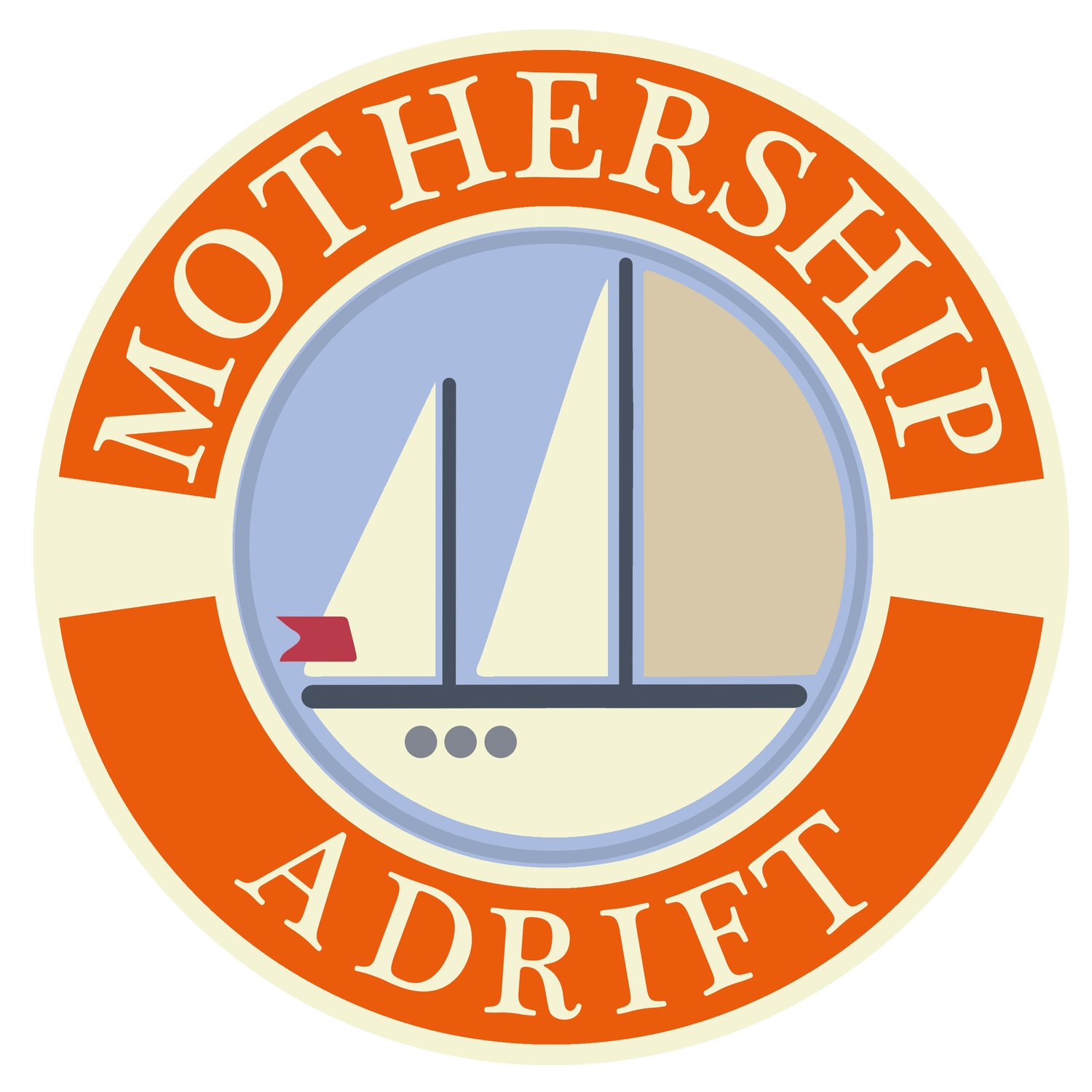You’re All Individuals!
01:01:07
Sailing the Mediterranean from Ibiza - Spain
“You’re all individuals!”
“I’m not”
Self-improvement books often advocate specific practices, rituals, or mantras to transform your life. So, if you're into that sort of thing, then pour yourself a cup of tea, sit in front of a mirror, and look at yourself.
The person you're looking at is not the person you were looking at a year ago, or even a day ago.
Many people live their entire lives with the choices they made in their teens. Career choice, partner type, hobby, music tastes, political leanings, fashion sense—some never leave their hometown.
I genuinely envy these people. Seriously, I do. I wish I could be happy or even content with the same tastes, opinions, and friends my entire life. Think how easy, cheaper, and more secure life would be! But I'm just not built that way, and if you're reading this, chances are you're not either.
From the day of our birth, we absorb off-the-shelf value systems from the religious, socio-economic, or geo-political groups we were born into. When we grow out of seeking parental approval, we move on to peer approval and onto choosing career paths or lifestyle choices that are also pre-ordained, based on our gender, race, culture, class, parental, or peer expectations.
We see this in the overwhelming representation of specific groups in trades, sports, and skill sets at which they excel—Germans in brewing and engineering, Asians in Medicine and Tech, Australians in Mining, Jews in Banking and Finance, Africans in field sports, music, and dance, Norwegians in winter sports.. the list goes on.
Dad and son exploring the British built Fort of Marlborough on the island of Menorca - Balearics Islands, Spain
British culture forged ahead in the 18th and 19th centuries because it embraced not only the notion of exploration, adventure, and trade but also eccentricity and individualism, without losing sight of its values or identity. This isn't stereotyping; it's just the inevitable consequence of generations of cultural preferences and biases.
Of course, conformity offers certainty and belonging, which is not necessarily a bad thing. Humans are social creatures, and in our hearts, we crave acceptance, status, and security. Thomas Hobbs considered what it would be like to live without government, laws, or society and concluded it would be a solitary, poor, nasty, and brutish existence. As he put it, ‘Freedom is good, but security is better.’ But he also recognised that it left society open to tyranny by a powerful individual or state.
Life is altogether easier and safer within a cultural support network because we can consistently and repeatedly meet with peer approval without the need to navigate awkward religious, cultural, ideological, or psychological terrain. Others within the group will have your back too if you're challenged on these values.
Confirmation bias entrenches our worldview too. Anything that goes against our pre-existing beliefs is dismissed, and we end up in echo chambers (or rather, everyone else does while we alone stand as arbiters of truth and objectivity, of course!)
But indoctrination, paralysis, and inertia rarely give us the opportunity to grow towards knowledge, courage, and wisdom. Without a few intrepid individuals, mavericks, and explorers, society can actually suffer because it doesn't get an opportunity to learn from new insights or experiences.
Enjoying some time with the Islanders of Yadu in Fiji
‘Diversity’ has become a loaded term these days, but a healthy individual or society can learn and benefit from diversity without necessarily undermining its cultural integrity or value system. The ‘freedom to travel’ is crucial to the survival of insect colonies like ants or bees or the hair roots of a tree and even neurons in the brain because the individuals open up new pathways that benefit the whole.
When crossing oceans with other sailboats, skippers often agree on a rhumb line. It is a line of constant bearing used as the standard method of plotting a ship's course. It ensures all boats are following a common direction.
Of course, boats have their characteristics and react to swell, tides, currents, and wind individually. A skipper will have a preferred sailing technique and also has to consider the condition, experience, and well-being of the crew. Some will deviate for better fishing, to see whales, a slightly faster circular route, or avoid squalls. They might even pass on some knowledge to the rest of the fleet necessitating a collective re-routing.
In short, no boat EVER follows the rhumb line perfectly. But, if they all stick within agreed boundaries, every boat can look out for one another without ever losing sight of their individuality.
“You’re all individuals..”
This A4 PDF Poster is available from our Patreon site:
This Week’s Suggestions
Each week we’ll be giving you suggestions to incorporate into your life to help you on your journey. We know a busy family life means everyone moves at a different pace, so we’ve kept the suggestions sweet and simple.
Be true to yourself while respecting the values and norms of the community. Share your unique talents, ideas, and opinions openly, contributing to the community's growth while maintaining your individuality.
Embrace a mindset of continuous learning and personal growth. By staying curious and open-minded, you contribute to your family and community's dynamism while evolving as an individual. Share your newfound knowledge to benefit others.
Don't be afraid to question norms or challenge ideas, but do so constructively. Offer alternative perspectives with respect, encouraging healthy discussions that can lead to positive changes within your family and community.
That’s it for this week and the end of Chapter 01
I’m taking a bit of a break next week to concentrate on some editing but in the next post we’ll be challenging some of the blockages and excuses people use to prevent them following their dreams.
See you in Chapter 02!




